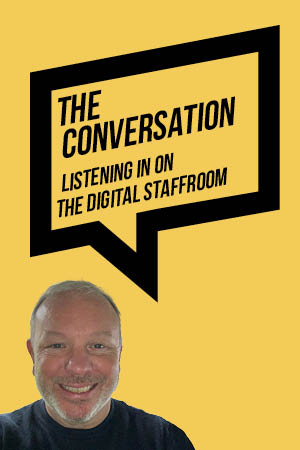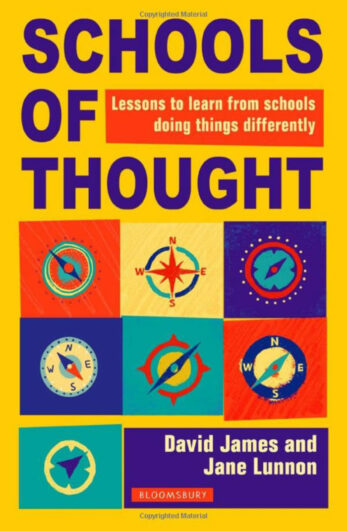If you’re ever invited to visit the Department for Education’s swanky building in Westminster, look out for the spiders.
Having filled the atrium full of plants, a greenfly problem developed. The solution? Buying in hundreds of spiders. How do I know this? Because it’s one of the tiny, almost insignificant, yet totally insightful and beautiful details in Richard Garner’s memoir of his three decades as an education correspondent.
Garner retired earlier this year and wrote this book in a matter of weeks. He starts with his formative period at The Times Educational Supplement, before he moved to The Mirror and latterly The Independent. His first education secretary was Mark Carlisle, in the early 1980s, and we are taken on a tour through all the big names that followed – Keith Joseph, Ken Baker, David Blunkett, Estelle Morris – through to the present day.
Garner writes with journalistic detachment. He notes that he never felt part of the education community: always at the side of it, glancing in and noting down what he saw. Because of this, stories focus on the facts, told at speed, zipping over sometimes huge controversies and boiling down to their essence.
Garner writes with journalistic detachment. He notes that he never felt part of the education community: always at the side of it
What he adds, however, is the context that teachers might not see in terms of the way education news is made. We get a chance to glimpse inside the editor’s room at The Mirror, as a young Piers Morgan is trying to decide if the paper ought to beat up New Labour MPs for sending their children to grammar schools or for the party’s stance against grammar schools. (Garner advised the former – and won.) We see how chance conversations (for example, the spiders) become huge news stories. In one case, the reporting of a comment by a former head of the statistical service about the state of school buildings became a Mirror campaign, eventually resulting in the government putting aside £500 million to help schools to repair run-down classrooms.
There are two places where Garner does allow himself to take a less objective view and give strong opinions.
The first is in a strange chapter near the end where he writes about his favourite education secretaries. Charles Clarke gets a particularly kind write-up, while he ruthlessly labels all the policies that the “gaffe-prone” John Patten failed to implement.
The second is where he talks about facing down dirty tricks from politicians and press officers trying to get their way with stories. The most recent, and perhaps most famous example, was in 2013 when Garner became the focus of a national news story after one of Michael Gove’s advisers, Dominic Cummings, sent an email to Garner – copied to colleagues – stating he “should see a therapist” intimating that he had mental health issues.
In response, The Independent printed the email and exposed Cummings’ behaviour. This resulted in Gove withdrawing a piece he was writing for the paper’s Easter edition, printed during the teacher conference season. Garner simply replaced it with a two-page spread on a book by a former teaching union general secretary. “Talk about cutting your nose off to spite your face,” he muses, before swiftly moving on to the next story. A metaphor for journalism if ever there was one.
For the lay reader of education policy the pace is somewhat frenetic. Do not expect to come away with a deeper understanding of education policies over the past 30 years. What you will come away with is a sense of the sweep of time; how people, personalities, chance meetings, silly decisions, 3am emails, and backroom deals are what commonly directs education policy – far more than one might imagine without journalists such as Garner waiting at the side to scribble down the truth.








Your thoughts